On March 4, Ms. Kim Yo-jong, the powerful sister of North Korean President Kim Jong Un, accused the administration of US President Donald Trump of increasing "provocative" actions.
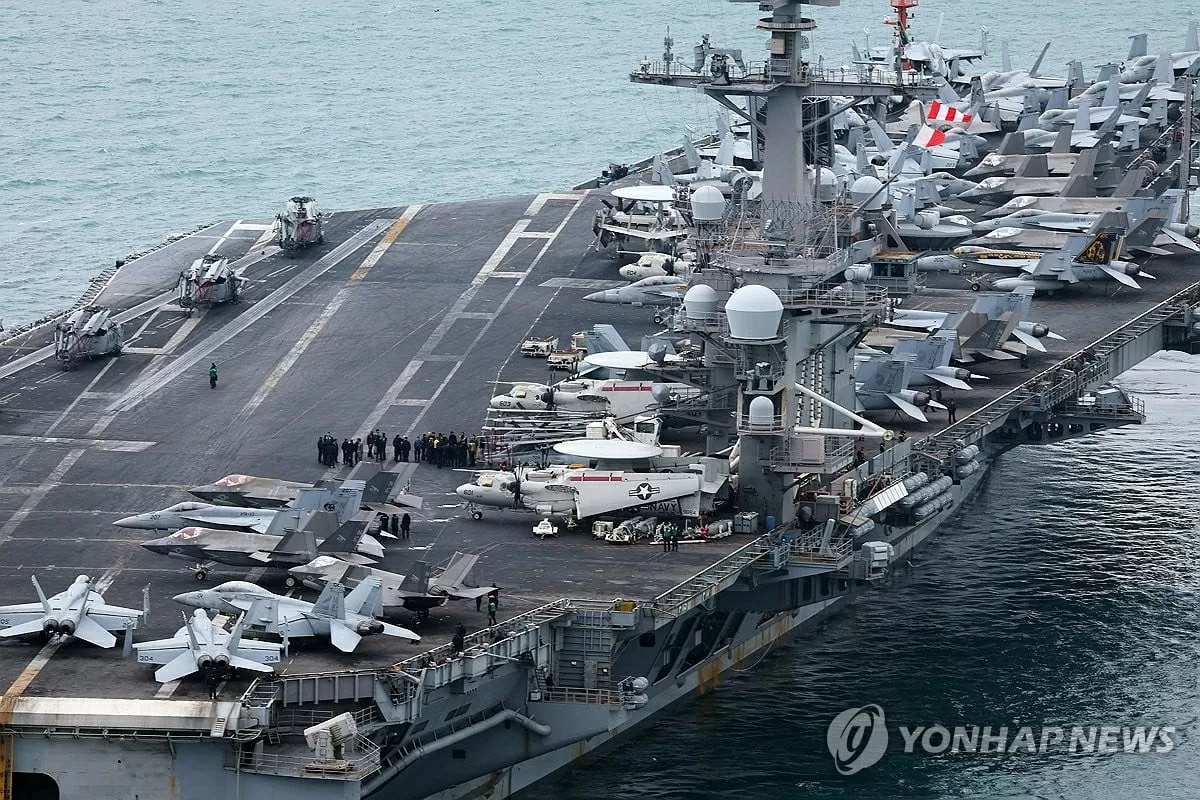 |
| The US aircraft carrier USS Carl Vinson at its main naval base in Busan, South Korea. |
Yonhap news agency reported that on March 2, the US aircraft carrier USS Carl Vinson docked at the main naval base in Busan, southeastern South Korea, reaffirming the US commitment to its Northeast Asian ally to expand deterrence against persistent threats on the Korean Peninsula.
In a press conference on March 3 on the USS Carl Vinson, Admiral Michael Wosje, Commander of Carrier Strike Group 1, stated that the presence of the US aircraft carrier in South Korea emphasizes the strengthening of the bilateral alliance.
Admiral Wosje stated that Carrier Strike Group 1 will continue to work toward the common goal of peace , prosperity, and stability, while reaffirming the US commitment to the alliance.
In response to this move, on March 4, the Korean Central News Agency (KCNA) reported that Ms. Kim Yo-jong criticized the USS Carl Vinson aircraft carrier's visit to South Korea as part of a "confrontational policy" aimed at Pyongyang.
According to her, the "hostile policy" that the US is currently pursuing toward North Korea is creating enough reasons for Pyongyang to "continue to indefinitely strengthen... its nuclear war deterrent capability."
Responding to the statement of the North Korean President's sister, on the same day, the South Korean Ministry of Defense said that this was an attempt to find a reason for Pyongyang's nuclear and missile development as well as create an excuse for hostile actions.
Calling on North Korea to abandon its nuclear weapons and warning that it could face an overwhelming response if the country takes provocative actions, the ministry affirmed that the South Korean military is thoroughly prepared to deal with any move by Pyongyang.
In another development related to North Korea's nuclear program, on March 3, Director General of the International Atomic Energy Agency (IAEA) Rafael Grossi said there were signs that the country was continuing to operate uranium enrichment facilities at the Kangson facility near Pyongyang and Yongbyon, north of the capital.
Specifically, the IAEA observed that the 5-megawatt nuclear reactor at the Yongbyon complex resumed operations in mid-October last year, after about 60 days of shutdown. According to Mr. Grossi, this shutdown was enough time to refuel the reactor and begin its seventh operating cycle.
In addition, the IAEA also detected "strong signs of preparations for a new reprocessing campaign", including activity at the steam plant serving the Radiochemical Laboratory - a key reprocessing facility for collecting plutonium, the material needed to make nuclear bombs.
The IAEA Director General expressed serious concerns about the undeclared uranium enrichment facilities at both Kangson and Yongbyon, especially as Chairman Kim Jong Un called for “exceeding the production plan for nuclear weapons material”.
Mr. Grossi called on North Korea to fully comply with its obligations under Security Council resolutions and to cooperate with the IAEA in implementing the Nuclear Non-Proliferation Treaty.
Source: https://baoquocte.vn/tau-san-bay-my-tham-han-quoc-khien-trieu-tien-noi-gian-tuyen-bo-washington-dang-tao-ly-do-de-binh-nhuong-hanh-dong-306288.html




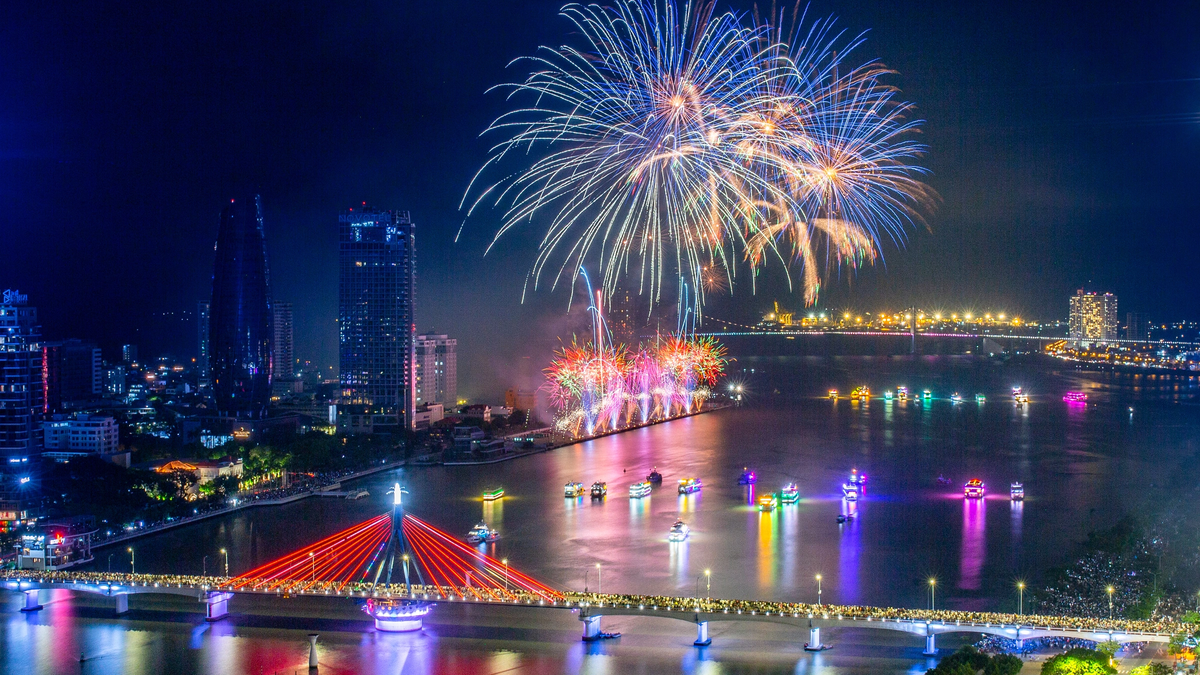

![[Photo] Prime Minister Pham Minh Chinh chairs the national online conference on combating smuggling, production and trade of counterfeit goods.](https://vphoto.vietnam.vn/thumb/1200x675/vietnam/resource/IMAGE/2025/6/23/4a682a11bb5c47d5ba84d8c5037df029)
![[Photo] Prime Minister Pham Minh Chinh holds meeting to launch exhibition of national achievements to celebrate 80th National Day](https://vphoto.vietnam.vn/thumb/1200x675/vietnam/resource/IMAGE/2025/6/23/0c0c37481bc64a9ab31b887dcff81e40)
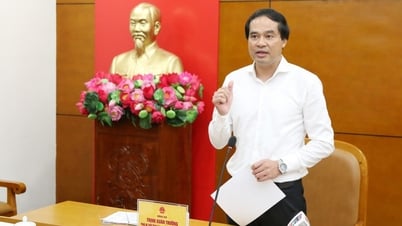

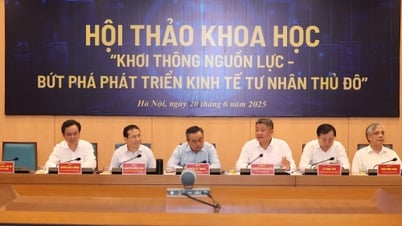

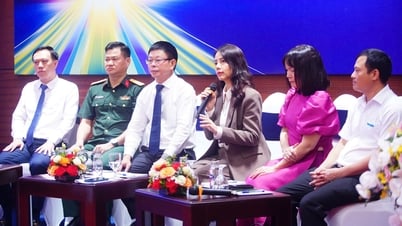
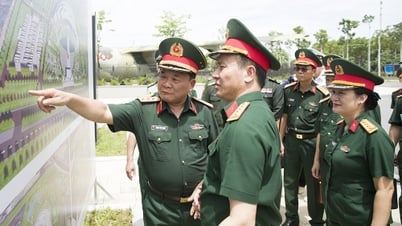
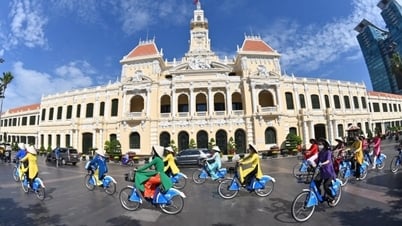




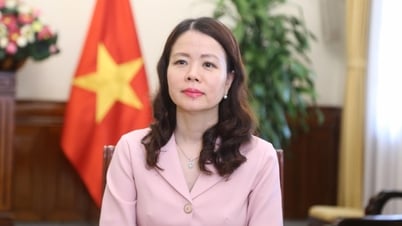

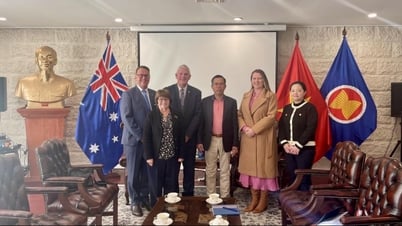
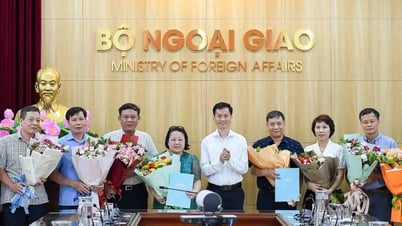

![[Photo] Party Congress of the Central Internal Affairs Commission for the 2025-2030 term](https://vphoto.vietnam.vn/thumb/1200x675/vietnam/resource/IMAGE/2025/6/23/5bf03821e6dd461d9ba2fd0c9a08037b)








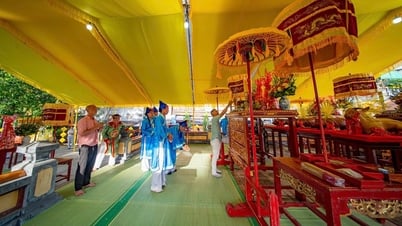

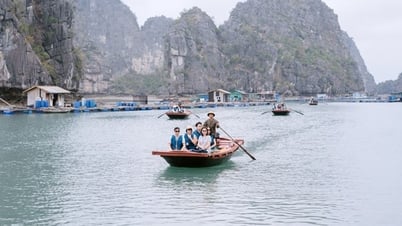





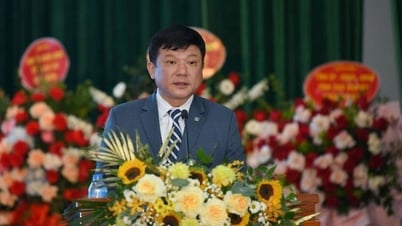

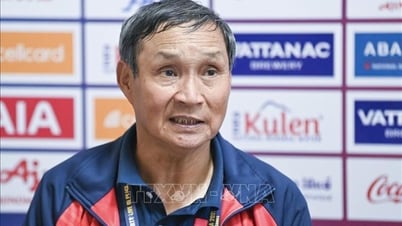
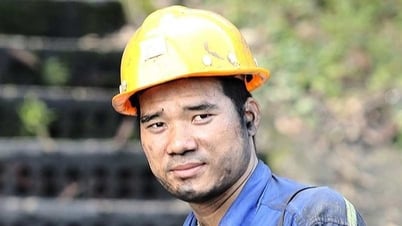

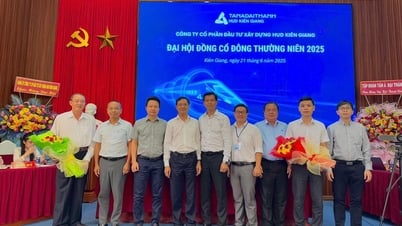






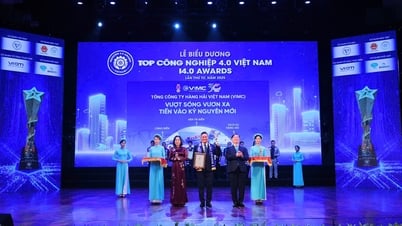

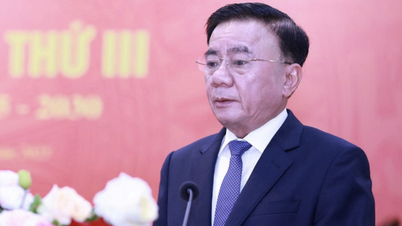
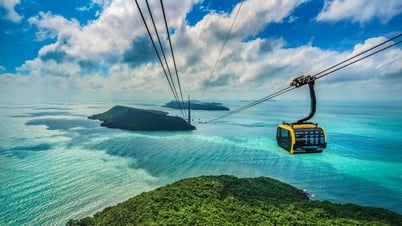
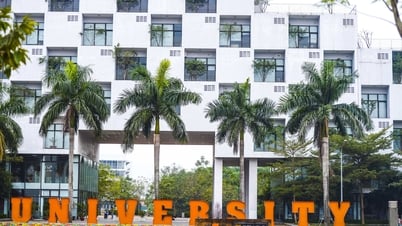

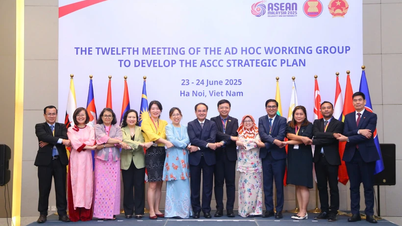
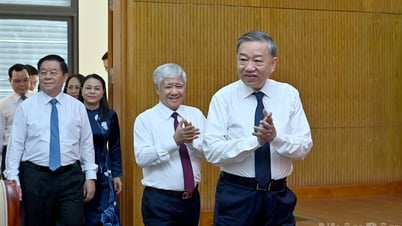

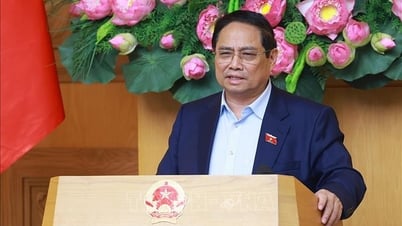
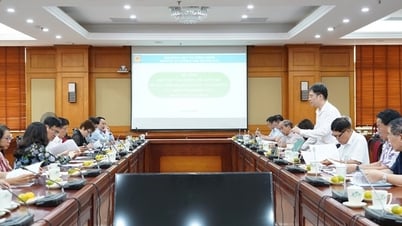

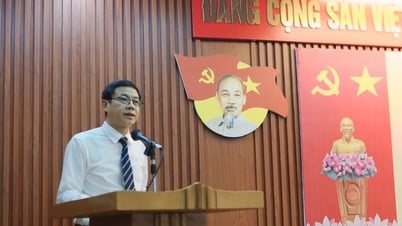


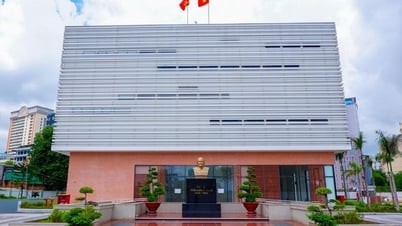

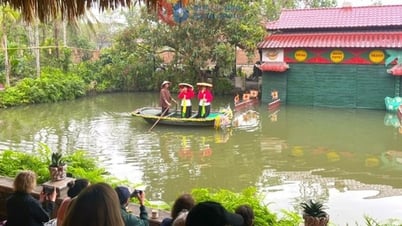
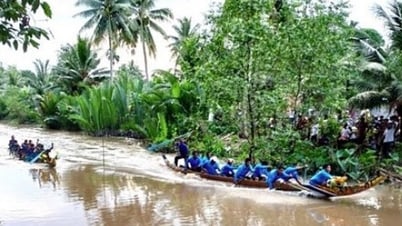
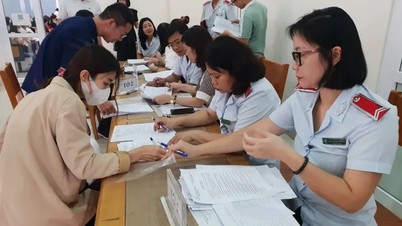

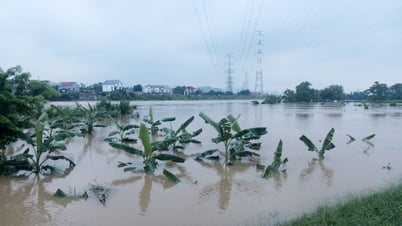




















Comment (0)